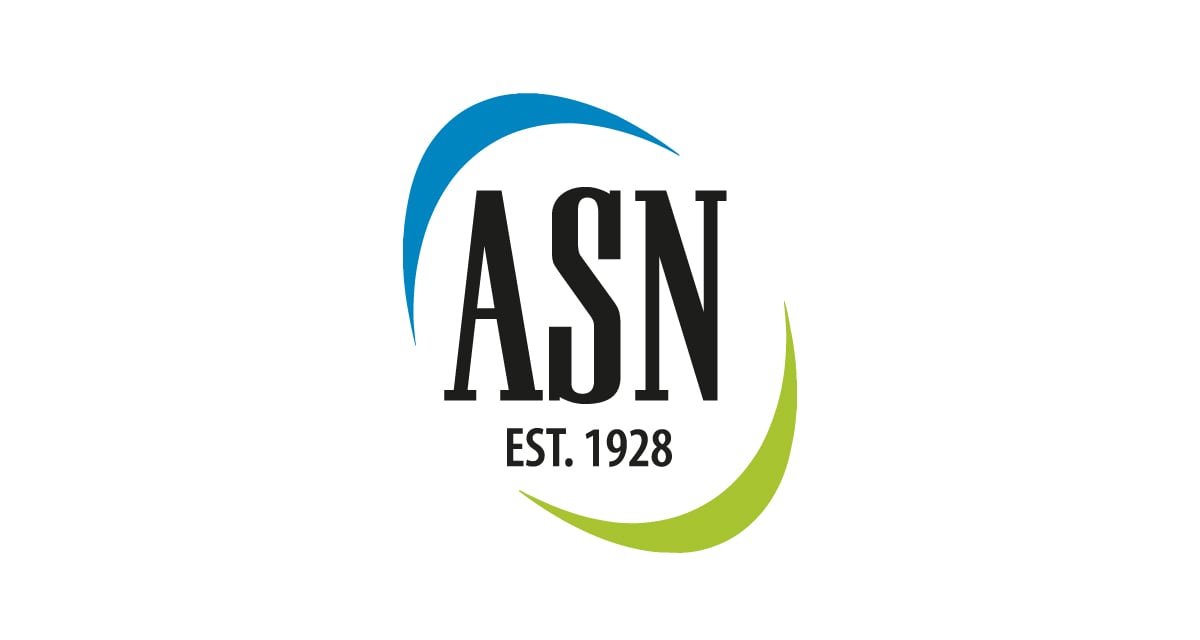Meet ASN Member, Dr. Saame (Raz) Shaikh. Dr. Shaikh has been an ASN member for 18 years and is currently the Chair of the UNC Chapel Hill Department of Nutrition, where his research program focuses on understanding how long chain polyunsaturated fatty acids control inflammatory and infectious responses in obesity and with environmental exposures.
Dr. Shaikh proposed a featured session for NUTRITION 2024 titled Environmental Exposures at the Crossroads of Nutritional Immunology. The session relates to recent advances in how diet can improve inflammation driven by environmental exposures – an area that could have a strong impact on development of precision dietary interventions for select populations. The session features Kymberly Gowdy, PhD, Associate Professor, Division of Pulmonary, Critical Care and Sleep Medicine, Ohio State University and Jonathan Shannahan, PhD, Associate Professor, School of Health Sciences, Purdue University. Both speakers are conducting cutting-edge research on the boundary of nutrition and toxicology.

Professor and Chair, Department of Nutrition
Gillings School of Public Health, University of North Carolina at Chapel Hill
Please introduce yourself – feel free to share anything you would like us to know about you, including personal interests outside of your profession.
I was born and raised in Indianapolis, Indiana. I completed most of my education in Indiana including my Ph.D. in Medical Biophysics (Indiana University). Then I conducted postdoctoral training at Johns Hopkins University in Cellular Immunology followed by a tenure-track faculty position in the Department of Biochemistry and Molecular Biology at the Brody School of Medicine at East Carolina University. In 2017, I started a position as Associate Professor in the Department of Nutrition at the University of North Carolina at Chapel Hill (UNC). In 2023, I was selected as the Chair of the UNC Department of Nutrition.
My research program is focused on understanding how long chain polyunsaturated fatty acids control inflammatory and infectious responses in obesity and more recently, with environmental exposures. My laboratory uses differing model systems ranging from biomimetic membranes for biophysical experiments to the use of rodents and clinical trials for studies on dietary fat and inflammation. I have been funded by NIH and industry grants since 2009.
In my spare time, I love to travel with my wife and two kids (11 and 8 years old). I love to hike, discover new restaurants, and listen to music. I am extremely passionate about progressive rock (favorite bands are Rush and then Tool) and occasionally, when I find the time, I enjoy doodling on one of my guitars. My recent travels include hiking in Zion National Park, exploring Paris, and lounging on south beach in Miami.
NUTRITION 2024: Get ready to be part of the ultimate nutrition experience!

June 29 – July 2, 2024 · McCormick Place · Chicago, IL
Register by May 17 for Advance Rates.
You proposed a featured session for NUTRITION 2024 titled Environmental Exposures at the Crossroads of Nutritional Immunology. Can you please tell us about the topic and why this is timely and/or important to our field?
The featured session relates to recent advances in how diet can improve inflammation driven by environmental exposures. This is an area that could have a strong impact on development of precision dietary interventions for select populations. This session will specifically provide emerging evidence of how fatty acid-derived metabolites control aspects of inflammation induced by exposures such as ozone.
What excited you about bringing these speakers to NUTRITION 2024?
The session features Kymberly Gowdy, PhD, Associate Professor, Division of Pulmonary, Critical Care and Sleep Medicine, Ohio State University and Jonathan Shannahan, PhD, Associate Professor, School of Health Sciences, Purdue University. Both speakers are conducting cutting-edge research on the boundary of nutrition and toxicology. Thus, the merging of these disciplines presents a new area of study.
How have you benefited from participating in the NUTRITION meeting?
Realizing the complexity of the field of nutrition and its incredible importance for global and local public health. I have met incredible nutrition-related scientists, who have now become colleagues and collaborators. This has been an incredibly beneficial for my career and I hope I am returning the favor to others.
What advice would you give to ASN members looking to advance in their careers or take risks for their professional development? How has your career developed as a result of being an ASN member? Highlight specific resources and benefits that have helped you achieve your goals.
My advice is to find strong mentoring as well as coaching – notably, connecting with positive personalities that can relate to you, and understand your career goals and ambitions. This allows one to get feedback on short- and long-term goals including taking some risks.
In my experience, ASN provides incredible mentoring at many levels. When I joined the Nutritional Immunology RIS as a post-doc, I was immediately drawn to the science, which also led me to identifying some strong mentors. These mentors have provided constant feedback – for example, at times when grants do not get scored or worse, get a good score and then come back with a worse score. Another example is the challenge in navigating the job market and getting help in career development. Overall, my experience with ASN is very positive, which has led me to get more involved with the society.




